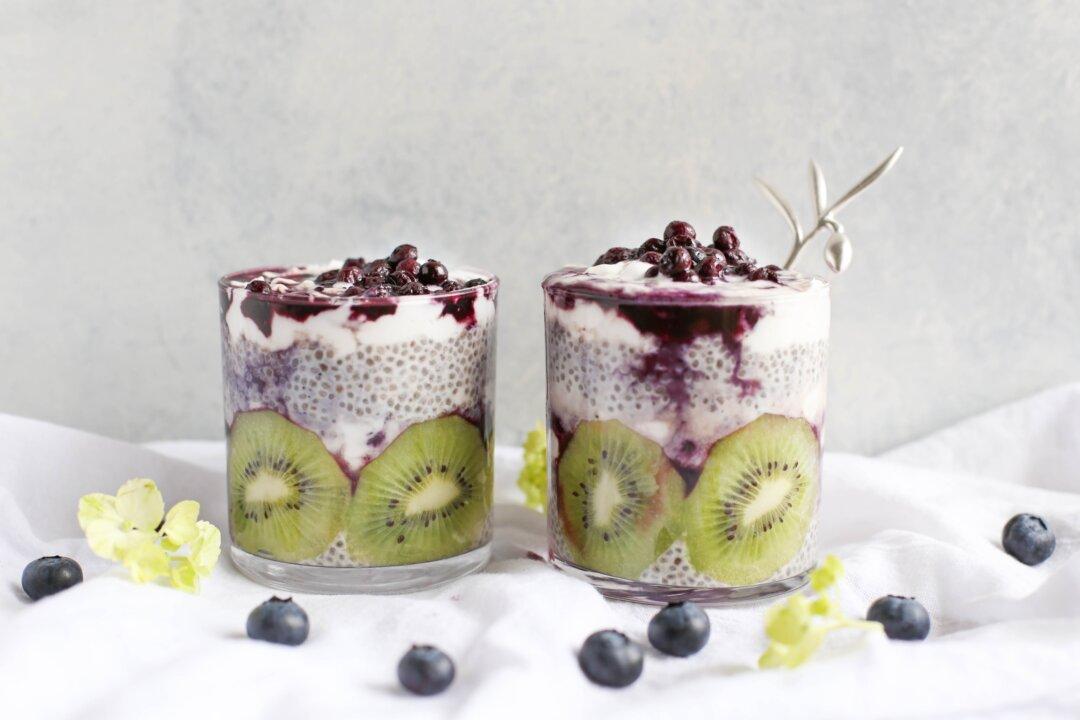Coffee is awesome.
Butter is awesome.
Saturated fat is awesome.
There is no doubt about it… they have been unfairly demonized.
They’ve been blamed for health problems that they really didn’t have anything to do with.
Fortunately, the world is slowly but surely abandoning the old diet myths and embracing these foods once again.
However… it’s important to keep in mind that everything in nutrition depends on dosage and context.
Just because a little bit of something is healthy, it doesn’t mean that a whole ton of it is healthier, or even safe.
This brings us to the topic at hand… a huge trend called Bulletproof coffee.
If you don’t know what this is, then it is a recipe for a coffee drink that replaces breakfast:
- 2 cups of coffee.
- 2 tablespoons (at least) of grass-fed, unsalted butter.
- 1-2 tablespoons of MCT oil.
- All mixed in a blender.
This is promoted by Dave Asprey, the man behind the website Bulletproof Executive.
Bulletproof coffee has become so popular that people all over the world have either heard about it or tried it.
This includes several people I know in real life, people that are not in any way involved in the paleo or low-carb communities.
For the record, I’m a big fan of grass-fed butter, saturated fat and coffee… separately… in “normal” amounts.
I’ve written about all of them before and include them in my diet, every day.
However… I do not think it is a good idea to consume unnaturally large doses of them.






